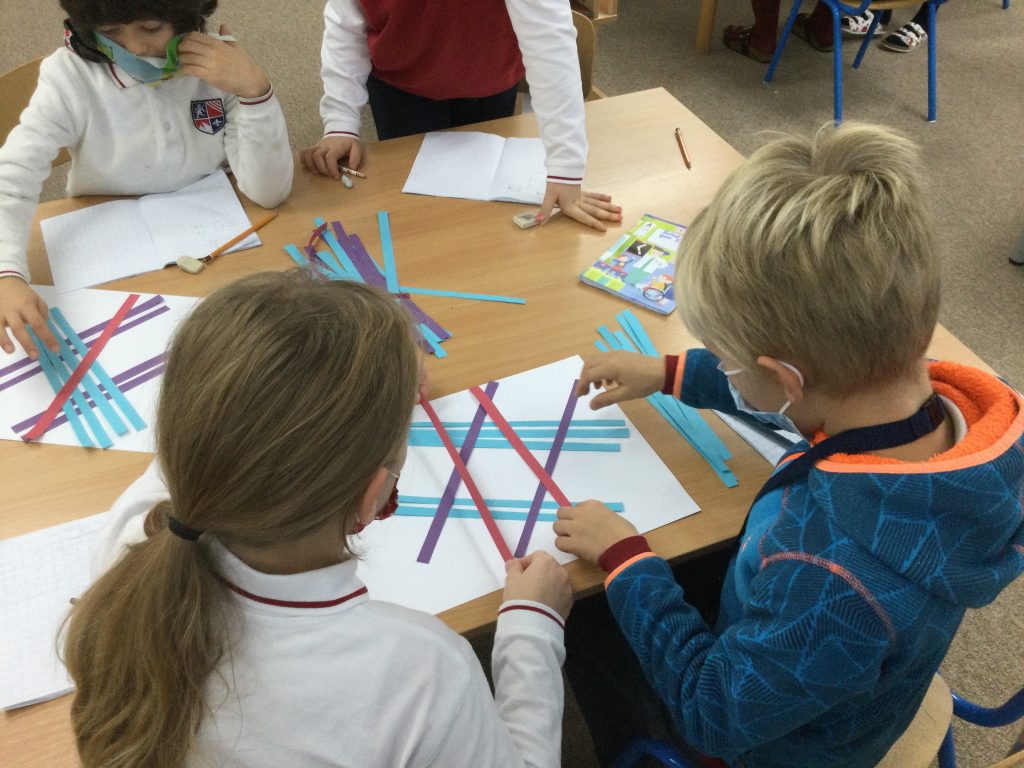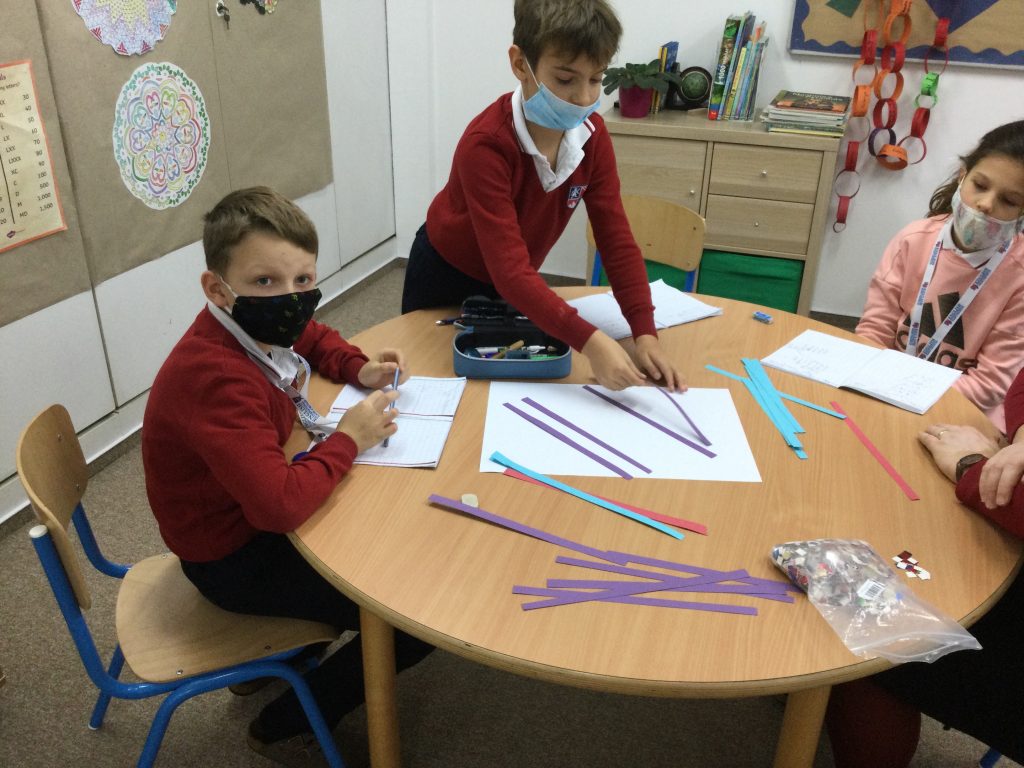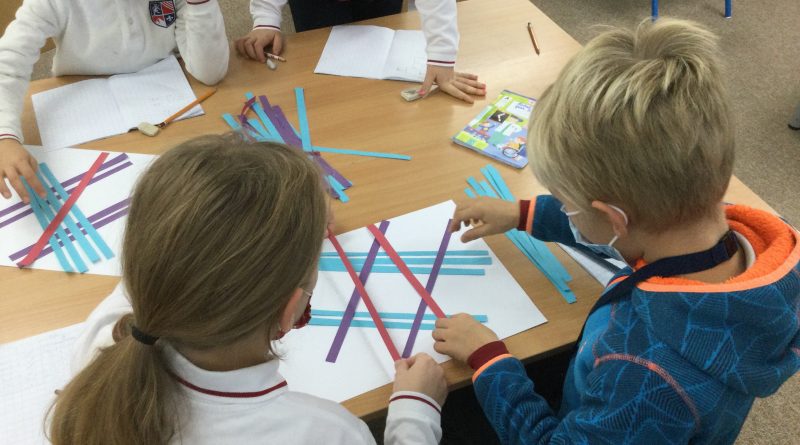Differentiated instruction
Rarely will you find a classroom where all students are working on the same level. In fact, it is so rare, it would need the class size to be very small: one.

I think we can safely say that each and every student is unique and is at his or her unique level in their learning progress. Therefore, it falls on our shoulders as teachers to provide an environment that is not only differentiated in content, but also in the process, in the products and in the learning environment. This task may seem daunting at first, but we can start small, integrating differentiation whenever possible. Not only will this benefit each student, but it will benefit the teacher. The classroom environment tends to become a more positive space, where students feel confident and comfortable. As soon as this begins to happen, a teacher can expect to reap the benefits in the form of a motivated class where students look for challenges and enjoy their learning process.
One example of a differentiated learning process that I tried with my class this week was during a math multiplication class. Using a step-by-step diagram on the board, I differentiated the time each student would need to complete each tasks by allowing the students to move forward at their own pace, with as much time necessary to practice in order to become proficient. Once a step was achieved, they were then guided to the next step by following the diagram. They could work on their own, with a partner on the same level, or with me if they were stuck. This is another benefit of differentiating the learning environment: since everyone is working at their level it leaves the teacher available to focus on individual or small group assistance.

Not only does this process allow a student to feel successful, thus motivating them to try more, but also allows for each student to find strategies that work for them in order to complete their work. This is very important in the modern age of education where we have finally realized that it is not so much the amount of content taught that matters but rather our ability as teachers to create motivated life-long learners who will seek out the content on their own.





